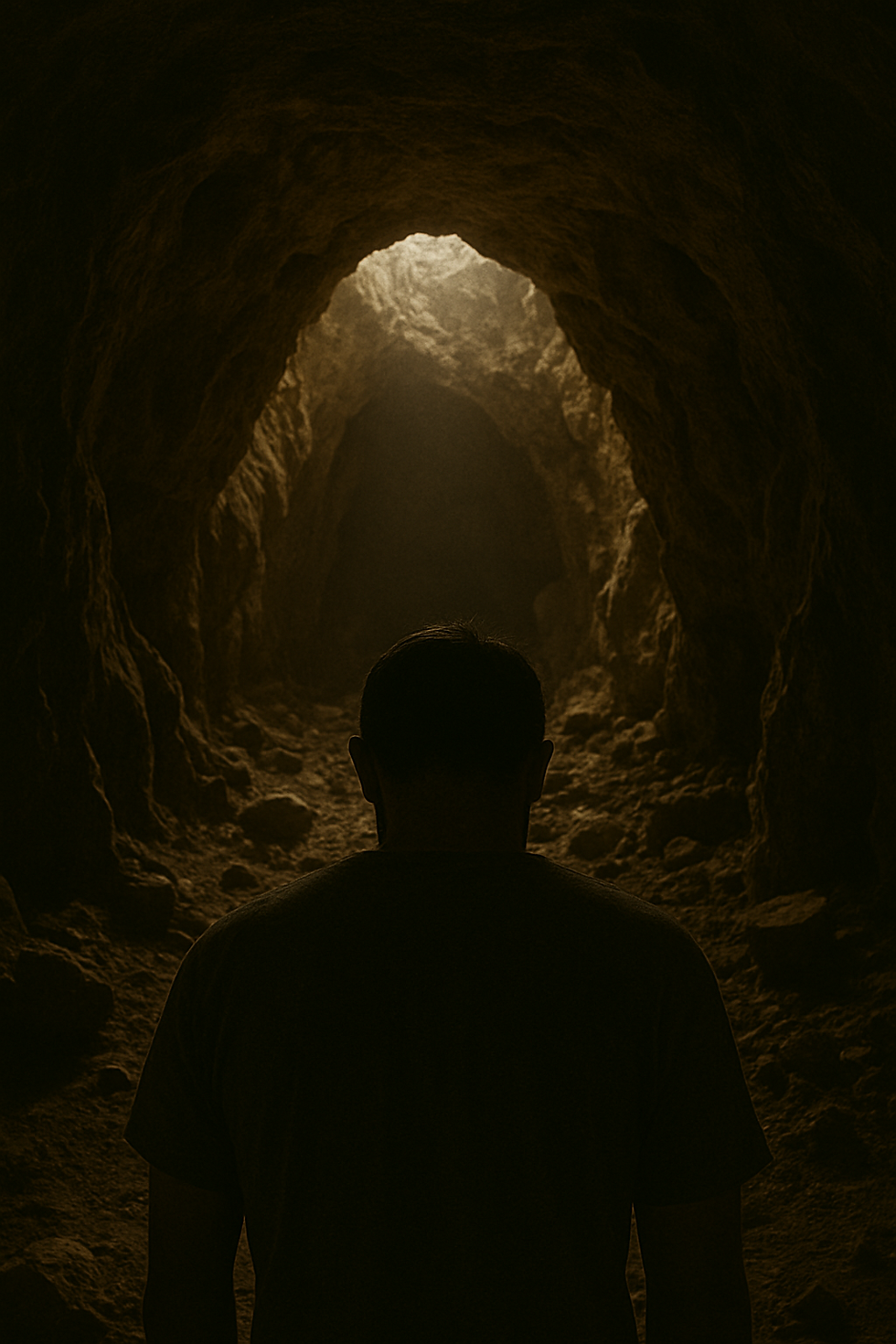7 Lessons from a Golf Coaching Genius
- Jack Fleming
- Jul 20, 2021
- 3 min read
Fred Shoemaker is like the Phil Jackson of golf, more concentrated on the inner game than the outer game. He was mentored by Timothy Gallwey, author of the famous book strongly recommended by Steve Kerr - The Inner Game of Tennis. He wrote books like Extraordinary Golf and Extraordinary Putting, which examine further than just most technique books.
I found Fred on the Teachers Stories Podcast and went on a rabbit hole of about 10 podcasts with him featured after that, his voice is captivating and philosophy is well thought out.
Incredibly insightful and challenging thoughts to how we approach coaching. This equation below is at the essence of Shoemaker's philosophy, and as a coach our job is not to interrupt and create more interference but free up mental space to allow the learner to perform at their best.

Here are my 7 lessons from Fred Shoemaker:
1. The greatest barrier to learning is judgement
Are you judging the student based on a model of what you think it should look like?
Is that creating frustrations in how you approach coaching?
Is their own personal judgement getting in the way of performance?
“When the mind is allowed to relax, inspiration often follows.” - Phil Jackson, 11 Rings: The Soul of Success
2. The students experience is all that really matters
How can you put the student in a state of curiosity?
Once you get fascinated with learning, it's really hard to stop.
The teacher is really an environmentalist more than anything.
How can I create an environment where the student has more access to that experience? More presence, even when I'm not there.
If they can't access it when I leave then I have failed.
3. The cult of the expert is a dangerous position
Have you ever asked a student how can I be better at what I do?
Lead by listening, it needs to be practiced.
Listening is about giving up your reality and being fully present in another.
If knowledge is power, knowing what we don’t know is wisdom. – Adam Grant, Think Again

4. The student is coaching you in how to coach them
Starts with listening and observing - can you empower from the very first moment?
Until I see the student as genius of their own universe, I probably should not be coaching.
How about being fascinated with the human being in front of you.
What would be most valuable to you?
Do I have permission to refocus you to our original intent, when you wander?
5. Your intention of being a teacher, needs to be stronger than your addiction to look good.
You really get in trouble if you’re coaching in a rush. - Chip Engelland

Art of coaching = create an environment where interference comes from the student itself, not the teacher.
The idea of we have a coach clapping, yelling, constantly doing something is nothing more than fulfilling perception.
6. Coaching others to be aware is THE skill.
If our blind spots are big enough and we're not aware, they run us for the rest of our lives.
Helping others with awareness starts with listening.
High performance happens in the present moment.
7. Every teacher is walking in with a different context.
I wonder what awareness or presence is missing that would make the biggest difference?
I have to fix people - you will see all people to be fixed
They’re paying me for information
Be positive - it’s just more stuff in your head
Constantly ask - what context do you want to create for yourself?
"Students don’t really care what you say or what you do, they watch who you’re being. You’re being always shows." - Fred Shoemaker






Looking for a simple but addictive and challenging unblocked game? The PoorBunny game online has you help a bunny collect carrots while avoiding increasingly difficult obstacles. It's great for quick bursts of fun and testing your reflexes.